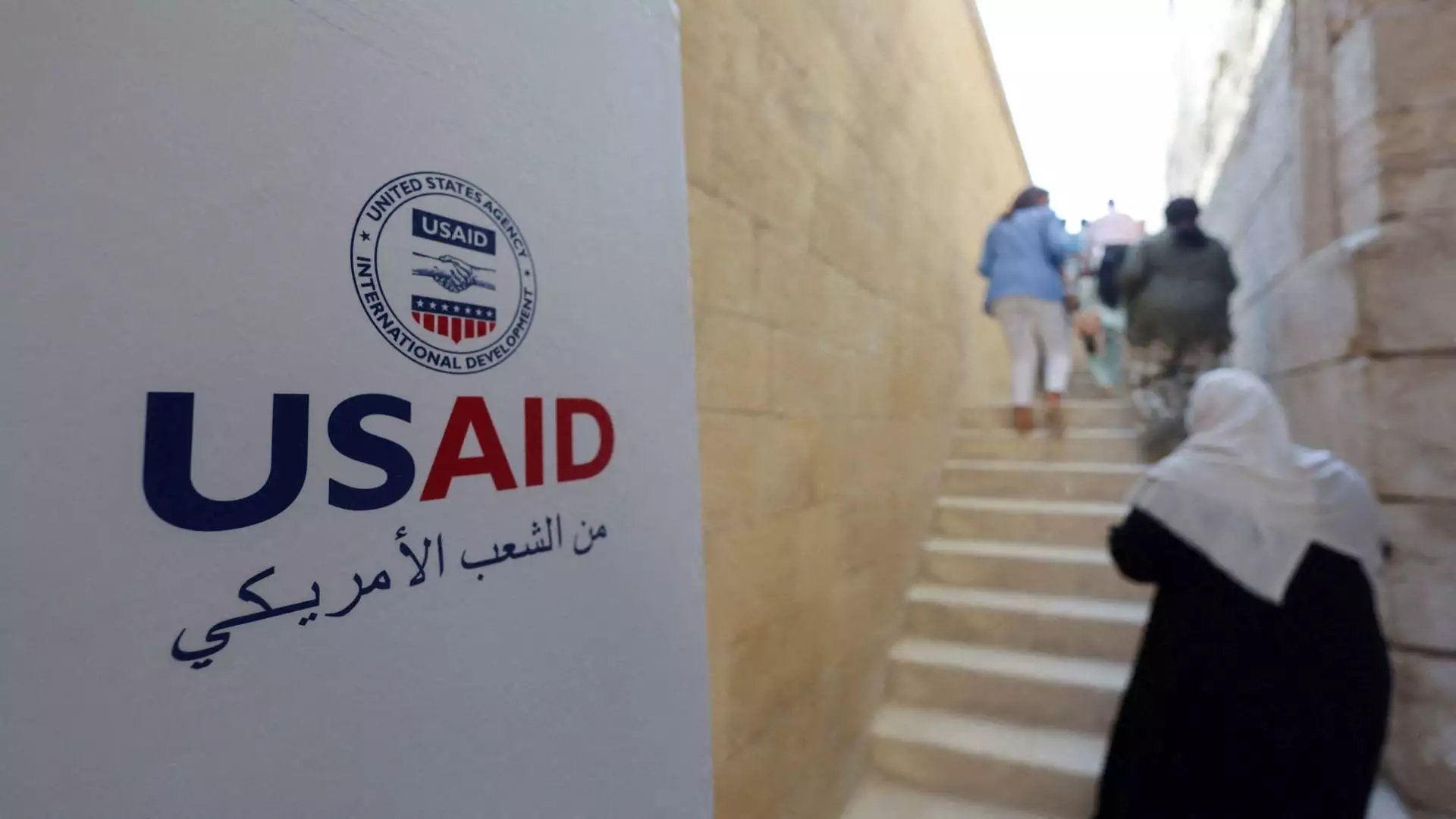In a significant upheaval within the U.S. Agency for International Development (USAID), the Director of Security, John Voorhees, and his deputy, Brian McGill, were placed on administrative leave after a confrontation with employees from the Department of Government Efficiency (DOGE). This incident highlights the growing tension between different branches of government, particularly in the wake of rising political polarization surrounding the roles and responsibilities of federal agencies.
According to multiple reliable sources, the conflict initiated when DOGE employees attempted to access secure systems at USAID. These systems are crucial as they hold sensitive personnel files and classified security information, including security clearances for agency employees. The skirmish became particularly heated when Voorhees and McGill denied access, prompting DOGE employees to threaten intervention by U.S. Marshals. Ultimately, despite the initial denial, reports indicate that DOGE personnel managed to gain entry to these secure areas, though the exact nature of the information they accessed remains unclear.
Katie Miller, a former official in Trump’s administration now associated with DOGE, claimed on social media that “no classified material was accessed without proper security clearances.” This assertion, however, does little to alleviate the gravity of the situation, raising concerns about the adequacy of security protocols at USAID and how sensitive information is being managed amidst political power plays.
Adding another layer of complexity to the drama, Elon Musk—the tech billionaire and vocal supporter of the former presidential administration—took to social media platform X to accuse USAID of being a “criminal organization.” Such inflammatory statements from a high-profile figure put USAID under further scrutiny and compounded the challenges the authority faces, particularly regarding public trust and legitimacy. With Musk’s involvement, the situation risks evolving from administrative issues to a more scandalous affairs driven by public perceptions and accusations of misconduct.
Implications of the Leadership Shake-up
The administrative leaves taken by leading figures at USAID serve as a striking indicator of the broader strife affecting federal agencies. Reports indicate serious discussions among Trump administration officials about restructuring USAID by placing it under the auspices of the State Department. This move—widely criticized by Democrats and legal experts—could infringe upon existing laws that shape the agency’s foundation, further complicating a politically charged context. This restructuring echoes larger sentiments about the administration’s attempts to alter the operation and transparency of vital national agencies.
Meanwhile, the impact of a nearly complete freeze on U.S. global assistance has already been exhibited in staffing changes; over a thousand employees, mainly in humanitarian and health sectors, have faced job cuts or administrative leave, instilling a deep sense of uncertainty within the agency. The overarching fear among employees was voiced by a source who noted, “No one feels safe to go anywhere near the Ronald Reagan building,” suggesting a tense working environment permeated by political rivalries.
The Diminished Digital Presence
Amidst this turmoil, USAID’s official website went offline, raising eyebrows about the agency’s operational stability. While an alternative site on the State Department’s homepage remains functional, the abrupt disappearance of USAID.gov symbolizes the gravity of the ongoing crisis and the potential challenges ahead for communication and service delivery.
As USAID grapples with the fallout from these alarming developments, the overarching question remains: How can the agency restore its credibility and support its mission amidst political antagonism and operational instability?
The answer lies in reinforcing commitment to accountability, establishing clear lines of authority, and ensuring that operational practices do not succumb to the whims of political agendas. As watchdog agencies and the public maintain scrutiny, the future of USAID hinges on its ability to navigate this storm and re-establish its role as a beacon of global assistance and development. In the coming days, it will be essential for USAID to communicate transparently about the changes and reassure employees and stakeholders alike that its foundational goals remain intact amid the chaos.


Leave a Reply